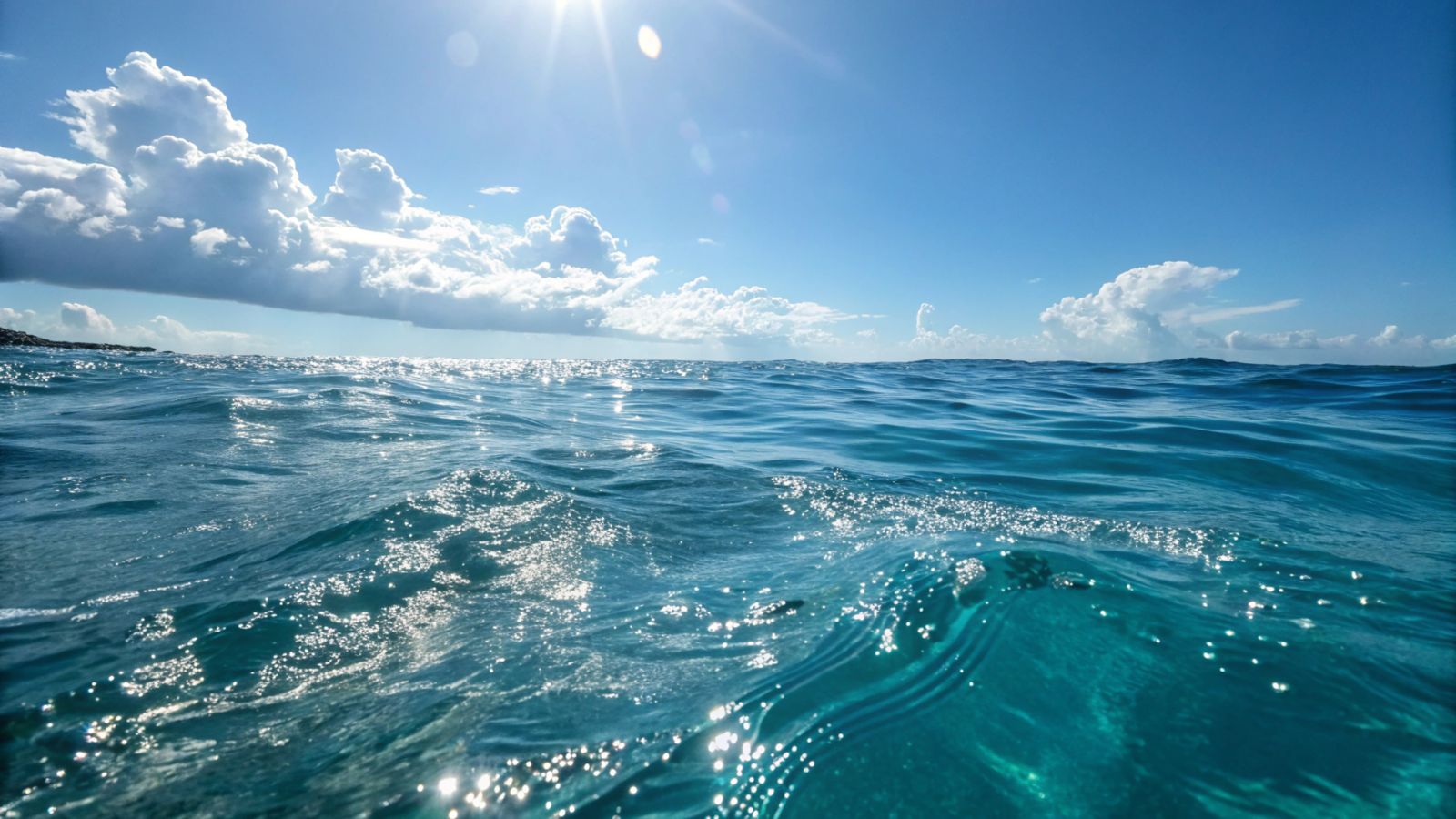Why is ocean evaporation decreasing despite global warming? 🌊
Follow us on Google News (click on ☆)
Scientists analyzed satellite data over several decades to understand variations in ocean evaporation. They discovered that, contrary to expectations, evaporation has decreased since 2008. This decline affects two-thirds of the world's oceans, marking a turning point in our understanding of the water cycle.

Dr. Ma Ning, lead author of the study, explains that this decrease is linked to a drop in wind speeds, a phenomenon called 'wind stilling'. This change could be influenced by decadal variations in the Earth's climate system, particularly the North Atlantic Oscillation.
This discovery highlights the importance of climate mechanisms and their impacts on the hydrological cycle. It challenges predictions based solely on increasing sea surface temperatures.
Researchers suggest that these variations could reflect natural climate oscillations rather than a weakening of the hydrological cycle. This opens new perspectives for research on the interactions between the atmosphere and the oceans.
The study underscores the importance of considering multiple factors influencing the climate, beyond just rising temperatures. It calls for a revision of climate models to better predict future changes.
This research also illustrates the need to continue satellite observations to understand the dynamics of our planet. It reminds us that Earth's climate is the result of subtle and sometimes counterintuitive interactions.
What is wind stilling?
Wind stilling, or 'wind stilling', refers to an observed decrease in wind speeds at the Earth's surface. This phenomenon has major implications for the climate, particularly on ocean evaporation.
It is linked to changes in atmospheric circulation patterns, such as the North Atlantic Oscillation. These variations can influence temperatures and precipitation on a global scale.
Wind stilling also affects ecosystems and human activities, such as wind energy production. Understanding this phenomenon is crucial for adapting our strategies to climate change.
How does ocean evaporation influence the climate?
Ocean evaporation is a key process in the hydrological cycle, contributing to more than 85% of atmospheric water vapor. It plays a central role in regulating climate and precipitation.
An increase in evaporation can intensify extreme weather phenomena, such as hurricanes. Conversely, a decrease can affect rainfall patterns and the availability of fresh water.
Changes in ocean evaporation therefore have repercussions on terrestrial and marine ecosystems, as well as on human societies dependent on these resources.